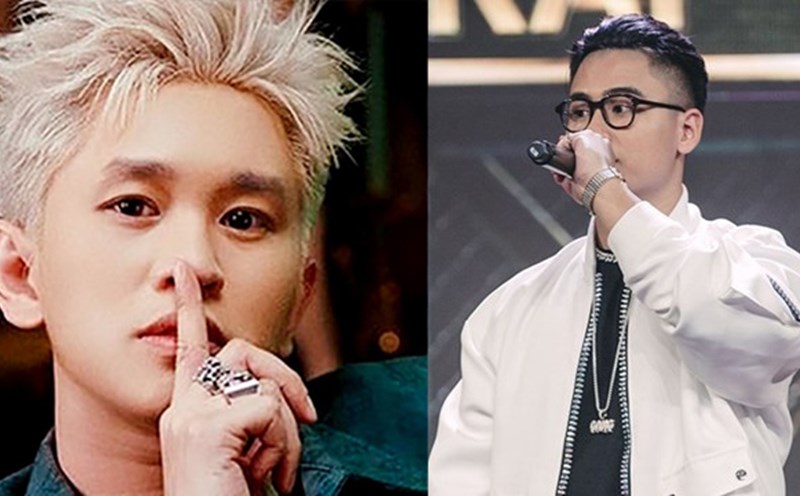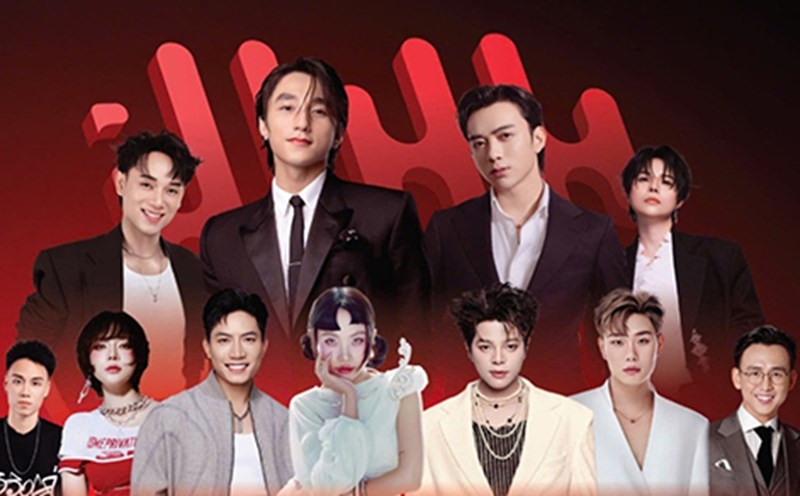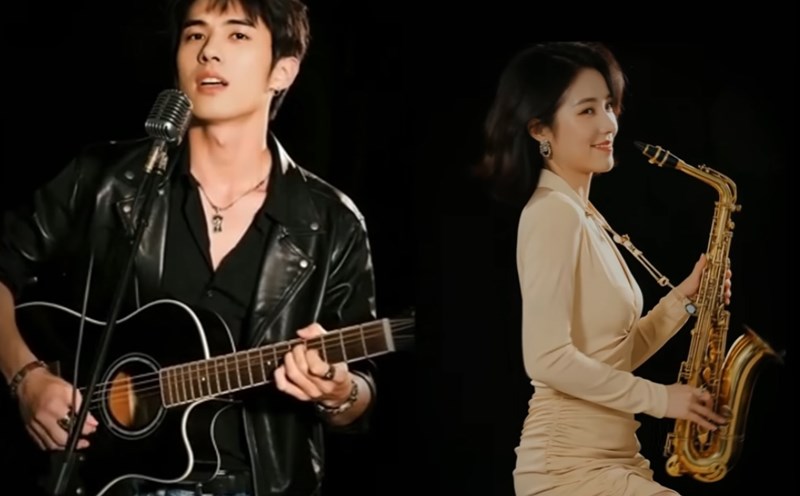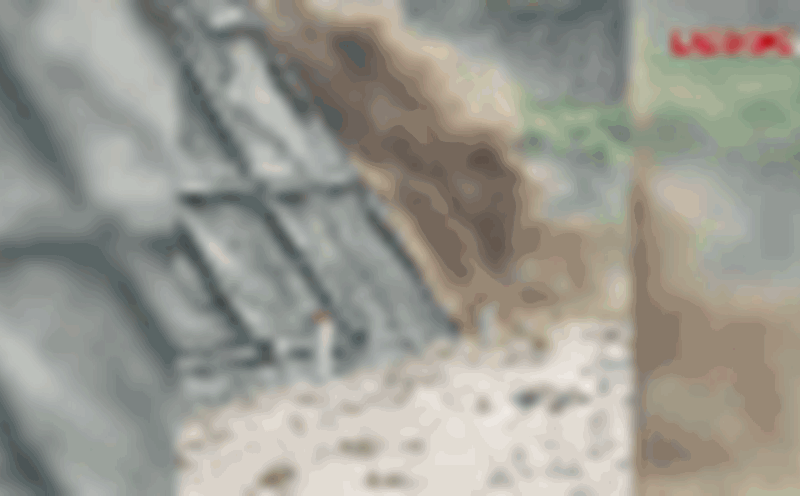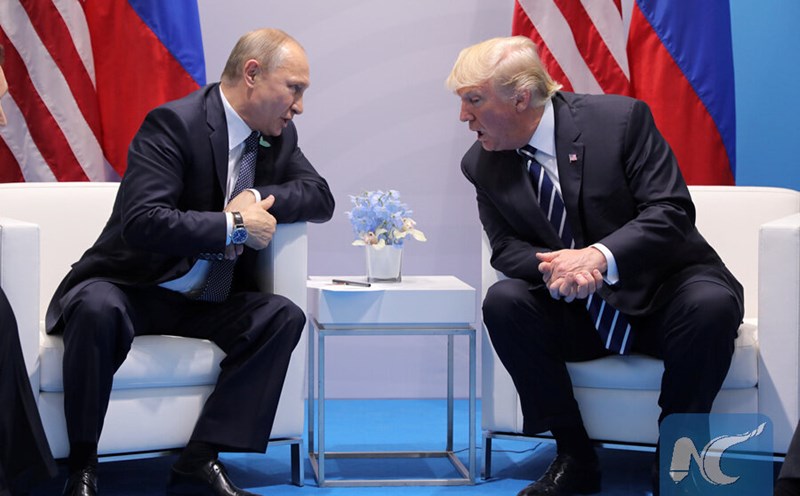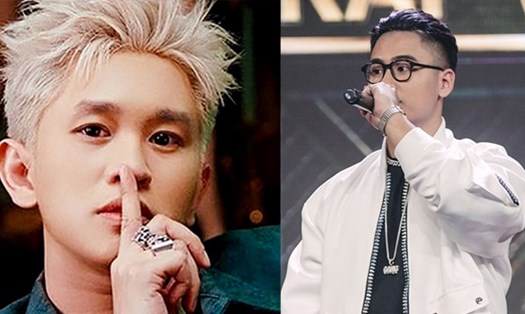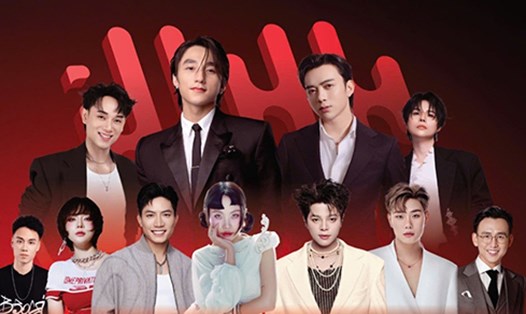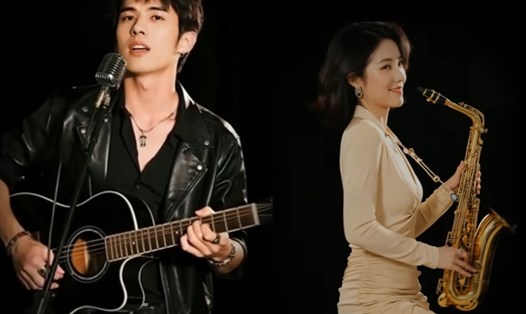With the appearance of a series of music videos applying artificial intelligence (AI) that have recently attracted attention such as "Say a lifetime for you", "Ha trang" (Rock version) or "Da Lat is still raining don't you?", the wave of AI music is gradually becoming a phenomenon in cyberspace.
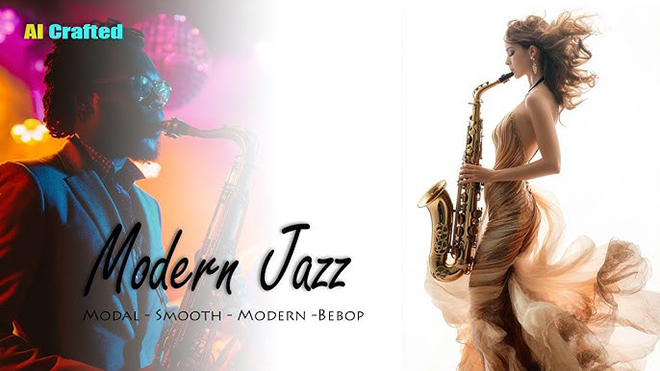
Although it is a product of machines, many opinions say that AI is virtual, but the emotions that AI music brings to the audience are real. Many people admit that AI-generated singing can touch emotions and express as much sophistication as real singers.
A series of videos sung by AI with many different genres and styles attracted hundreds of thousands of listeners on a YouTube channel specializing in AI music.
In the new step of music technology, developers have been testing the ability of AI to sing jazz music.
Jazz is one of the difficult genres due to its characteristics of rhythm, rhythm and improvisation. Instead of just playing the role of creating a background music or harmonizing, AI can now express melodies, whistling, and "creating" in the true spirit of jazz music, bringing a new experience to listeners.
According to the records of some international music platforms, AI-generated performances still retain their signature swing beats, flexible solos and classic music color. This makes many music lovers surprised by the technology's ability to "feel" and "act".
However, along with the rapid development of AI, controversial issues are raised. Can AI really replace human emotions in music?
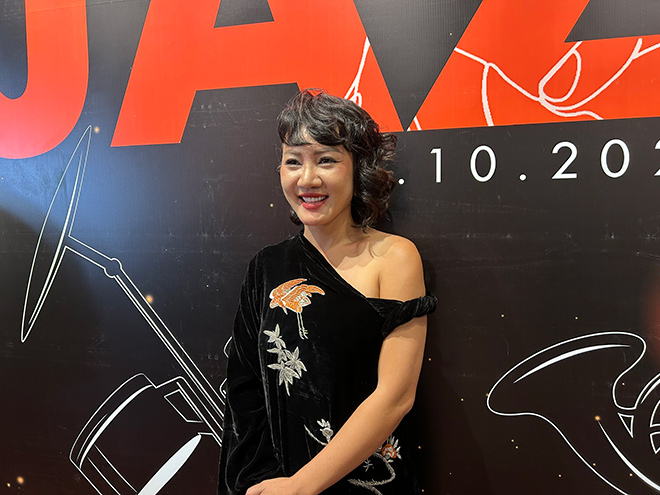
Singer Quynh Pham (Pham Thi Nhu Quynh) - CEO of Hanoi Blues Note, one of the rare jazz voices in Hanoi - shared: "I feel a little scared by the AI trend, but not too worried. Because the value of art lies in the soul. AI can sing, can play on digital platforms, but cannot bring a live experience like a real performance. The interaction between artists, bands and audiences - that is something that can only be felt with the heart.
Musician Nguyen Van Chung commented: AI-composed music is a technology product, not a work of art. AI synthesizes, analyzes data and extracts results, while art requires creativity and vibration - illogical elements that AI cannot have.

